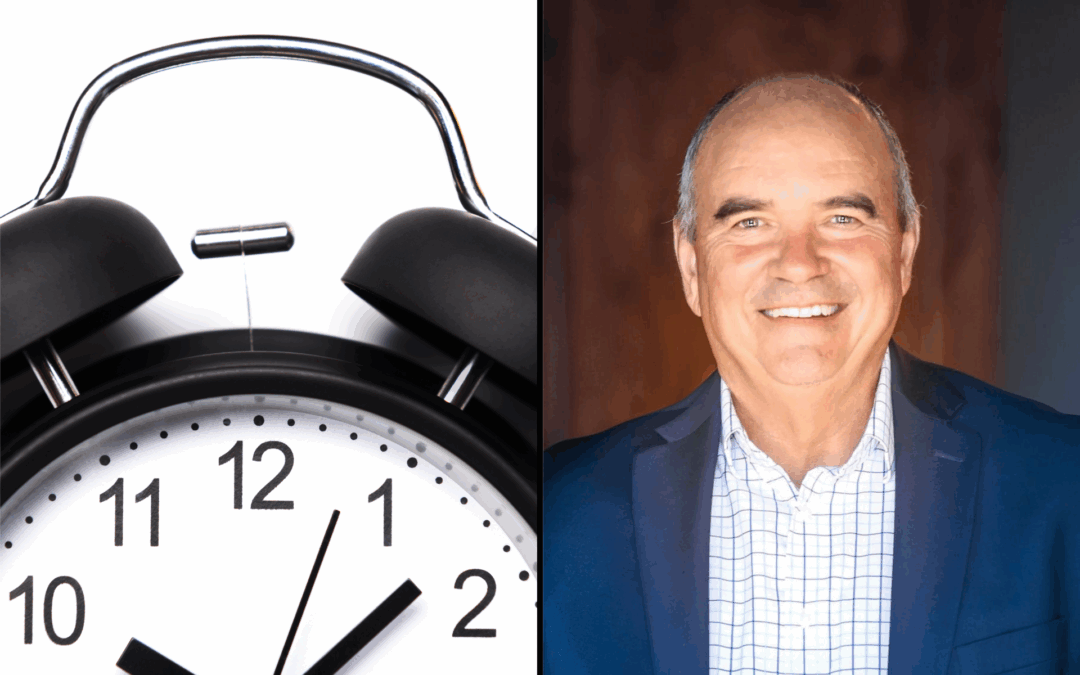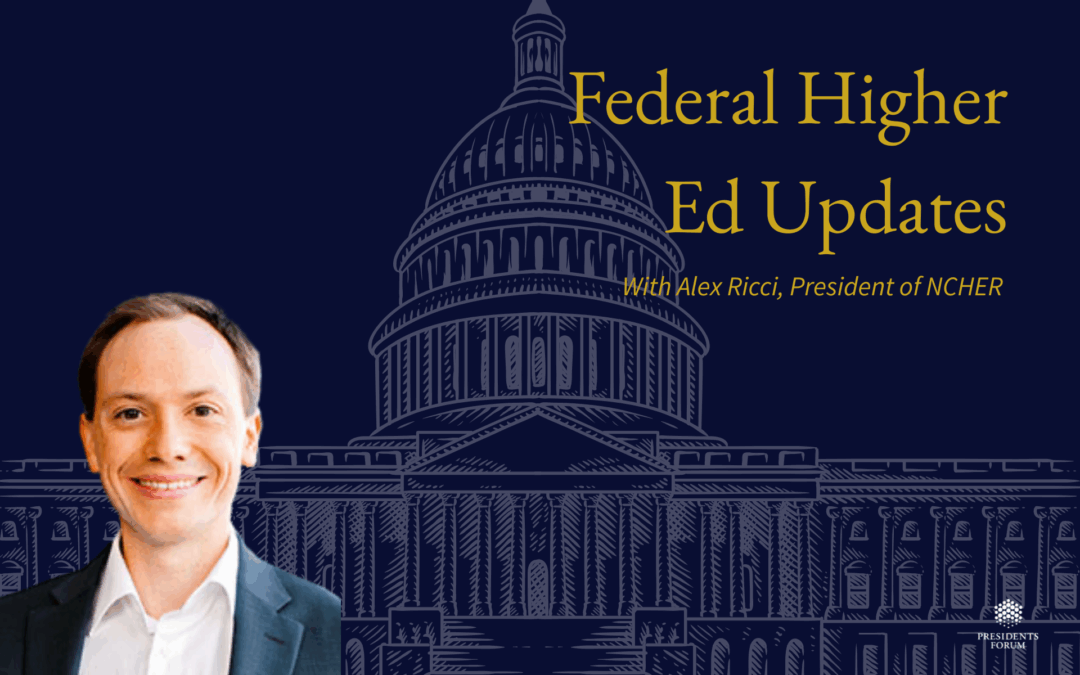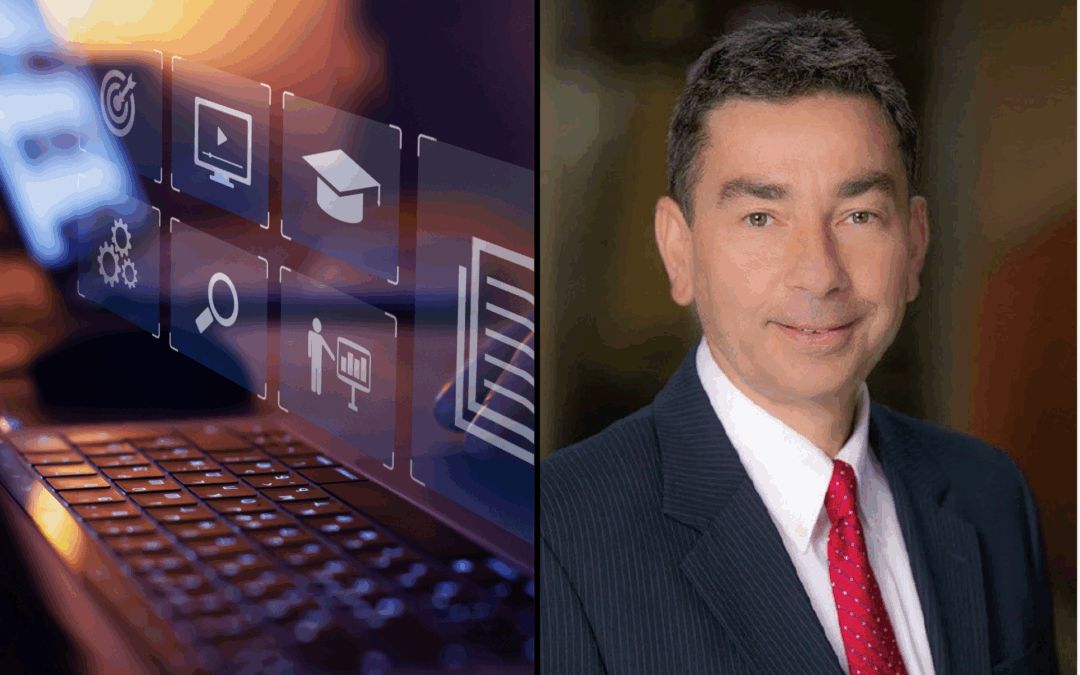
AI’s Transformative Role in Education
AI’s Transformative Role in Education
Why it matters:
While the internet democratized access to education, AI can potentially ensure every learner succeeds by adapting to individual needs and abilities.
Key insights:
- WGU was designed to be “student-centered, tech-first” from its inception during the early internet era
- Pulsipher warns against simply using AI to make existing educational models more efficient
- Instead, he advocates rethinking education entirely: “What are the capabilities of the new technology that would say, living in that unconstrained world, what would you do?”
The bottom line:
Just as the internet expanded access to education, AI has the potential to personalize learning itself—unlocking the full potential of every individual in ways we’ve never been able to before.






Recent Comments